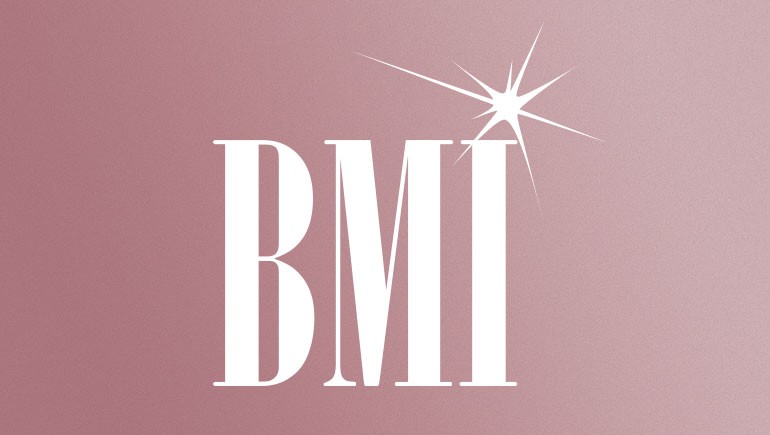BMI Explains What the Music Modernization Act Means for Songwriters and Composers

Music history was made on October 11, 2018, when the Orrin G. Hatch-Bob Goodlatte Music Modernization Act (MMA) was signed into law. This important legislation updates U.S. copyright law for the digital age and aims to help songwriters and composers receive improved royalty payments for their work when it is streamed. Representing the most meaningful music licensing reform in decades, in addition to benefitting creators, the MMA will streamline the licensing process for businesses that use music, such as radio and television broadcasters, as well as digital music services. This positive outcome is the result of unprecedented music stakeholder consensus, bipartisan legislator support and the powerful backing of the creative community.
Here, BMI’s Senior Vice President of International & Global Policy, Ann Sweeney, who had an instrumental role in supporting this initiative, answers a few questions about what creators can expect next and how the industry came together for the greater good of music.
It’s incredible that the MMA garnered such strong support and collaboration across the board. Can you describe the road in getting here?
The critical driver to passage was the ability to put together a consensus of virtually all key industry parties, including songwriters, composers, publishers, labels and artists, as well as music users, from broadcasters to digital streaming companies. Congress was presented with virtually unprecedented unity of creators and licensees, which paved the way for the overwhelming bipartisan support the MMA received in both houses of Congress. In particular, we’re grateful to Chairman Goodlatte and Chairman Hatch for their support and leadership in the House and Senate, respectively.
How and when will songwriters and composers tangibly see the benefits of the MMA?
From the PRO side of the bill, benefits can be realized almost immediately, as the next rate court case involving BMI will be assigned to a judge in the manner most court cases are assigned, from a rotating “wheel” of judges. This judge will then have access to a broader range of evidence to consider in setting a rate.
How essential were the voices of creators who spoke out on behalf of the MMA?
Critical. The vocal support of creators was essential, and placed well-timed pressure on the Senate at a time when certain opponents of the bill were seeking to undermine Congress’ widespread endorsement of the bill.
What benefits will the MMA facilitate for businesses that utilize music?
Digital streaming services will have access to a blanket license for mechanicals and a works database to facilitate even more efficient licensing of the mechanical right.
What does this historic moment mean for the industry? Where are we headed?
It used to be a “given” in Washington that copyright reform was next to impossible because the various creators and users could never get along. The MMA proved that theory wrong, because all stakeholders want a healthy music ecosystem. The MMA is a watershed moment for the industry, not only for the clear benefits of the bill for all interest holders, but as a template for further consensus in addressing other industry issues.






Community
Connect with BMI & Professional Songwriters